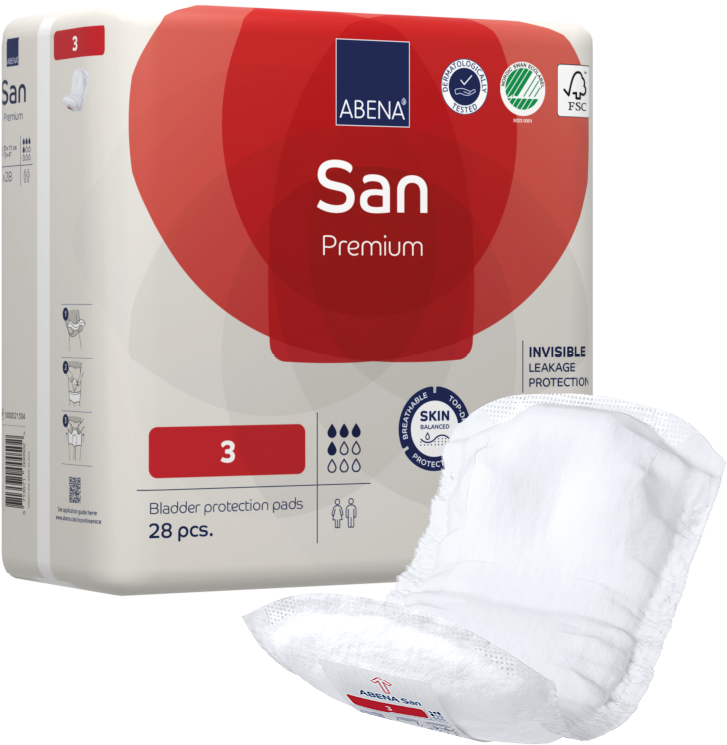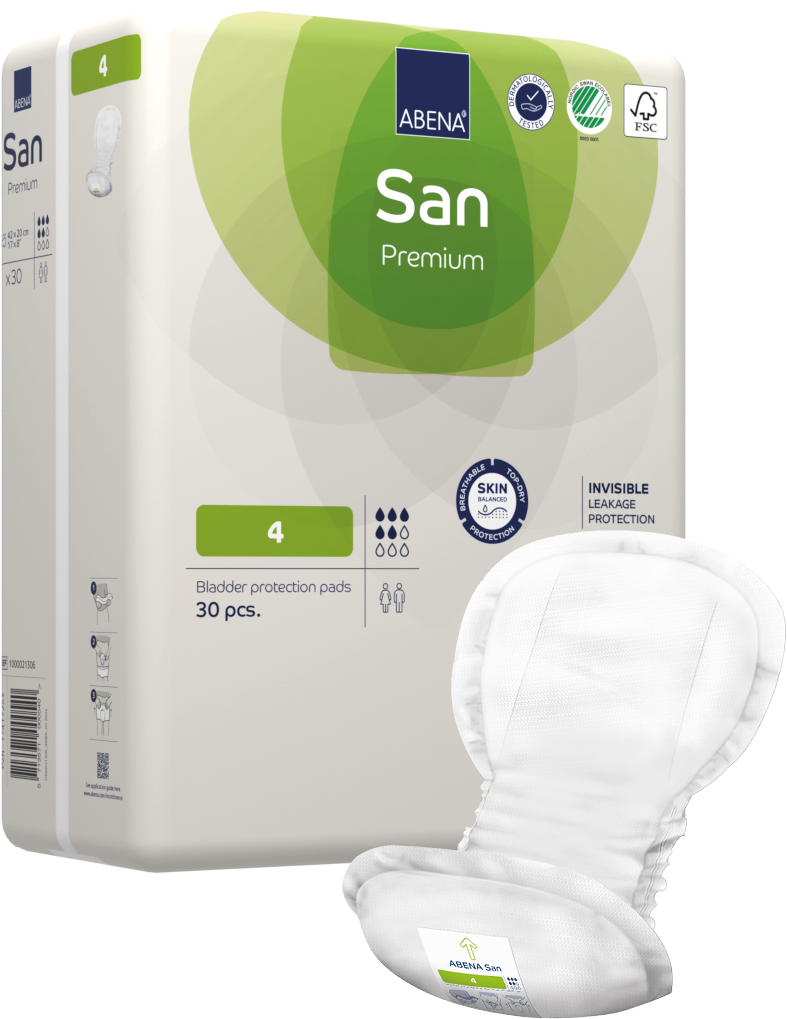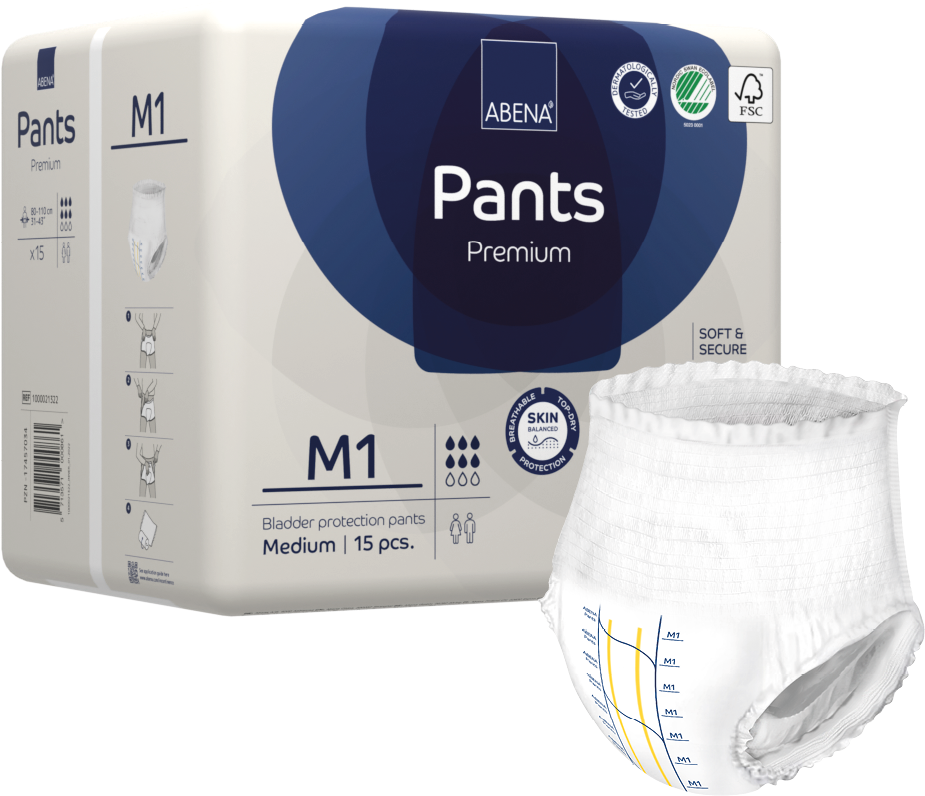Incontinence Care At Ableworld Christchurch
This entry was posted in July 21, 2023
What is Incontinence & Continence?
Incontinence is the inability to control bowel or bladder movements. There are two types of incontinence: bowel incontinence, where faeces are accidentally lost from the intestine, and urinary incontinence, where urine is accidentally lost from the bladder.
Who suffers from Incontinence?
You're not alone if you experience incontinence issues; on average 14 million men, women, and children suffer from it throughout the country. Incontinence can affect people of all ages, but as we age, the probability increases.
What causes Incontinence?
Numerous causes, such as weak pelvic floor muscles or changes in the nerves that control the bladder, may have an impact on your ability to maintain continence. An enlarged prostate that presses against the bladder or an overactive bladder may both contribute to the need to urinate as well.
Symptoms of Incontinence?
Depending on the individual, urinary incontinence symptoms can include leaking urine when sneezing or coughing. Frequent urination, an urgent desire to urinate, bedwetting, and trouble urinating.
The symptoms of bowel incontinence include leaking from the bowels, an urgent need to open the bowels, difficulty controlling wind, and straining when emptying the bowels.

How to regain control of your Incontinence
Ableworld is aware of the medication available to help lower the frequency and risk of leakage. However, Ableworld seeks to promote immediate behavioural changes that can lessen incontinence without the use of medical intervention.
Pelvic Floor Exercises –A increasing amount of research is available promoting the benefits of pelvic floor strengthening for reducing incontinence. Strengthening the muscles responsible for bladder and bowel control can stop frequent leaks and help you restore some independence. Please click the link for instructions on how to perform the exercises correctly. https://healthandcarevideos.uk/bladder?videoId=1595
Maintain healthy Weight – Another strategy to reduce incontinence is to maintain a healthy weight because being overweight may lead to diabetes. People with diabetes and who have high blood glucose levels, have a greater propensity to leak because they urinate more often.
Diet – Eating a balanced diet is crucial for maintaining our overall health as well as the functionality of our bowels and bladder. Consuming fresh fruits and vegetables—particularly cruciferous ones like broccoli, which is, in my opinion, the ultimate vegetable—is part of this.
A diet must contain healthy fats, which can be found in foods like oily salmon, avocados and their oil, and cold-pressed Extra Virgin Oil from a glass container. Vegetable oil is not an ideal oil because when heated to high temperatures it releases compounds known as Aldehydes, which have been found to cause a range of health problems including heart disease and cancers.

Foods high in fibre are important in preventing constipation and diarrhea and making sure that your stool is forming correctly, making it easier to pass through your bowels.
Finally, eat fermented foods like kimchi, sauerkraut, and yoghurt. Eating fermented foods has been proved to enhance bladder and digestive health!
Incontinence products at Ableworld
Ableworld understands the importance of incontinence care and offers a range of high-quality incontinence solutions that can help anyone on a daily basis. We took great care to provide our clients with premium pads and pants that will not only perform magnificently but also stand the test of time.
Ableworld now supply Abena San Pads as well as Abena Pants.
Recent
Archive
- May 2024
April 2024
March 2024
February 2024
January 2024
December 2023
November 2023
October 2023
September 2023
August 2023
July 2023
June 2023
Older Posts

